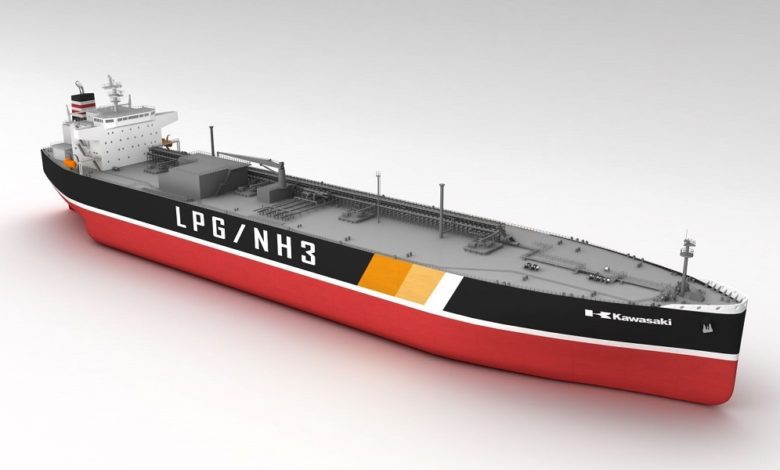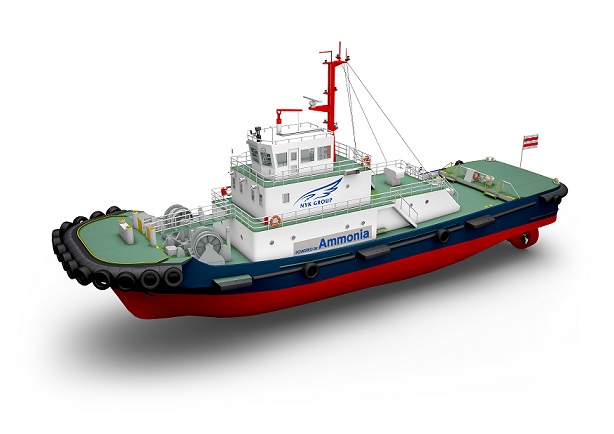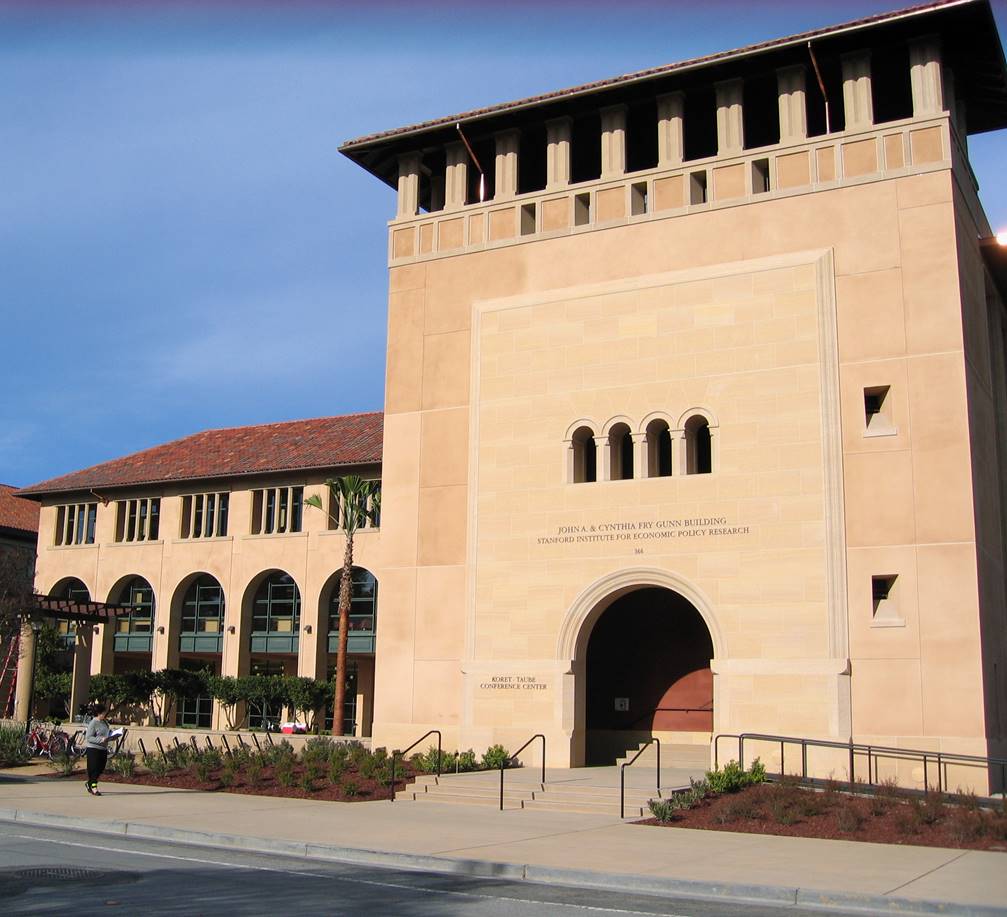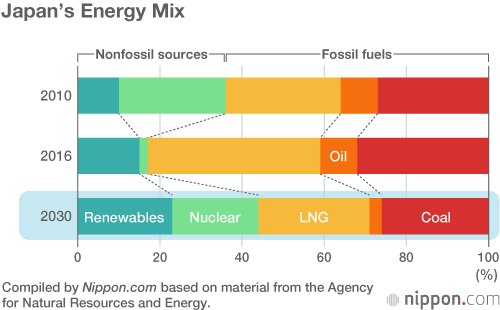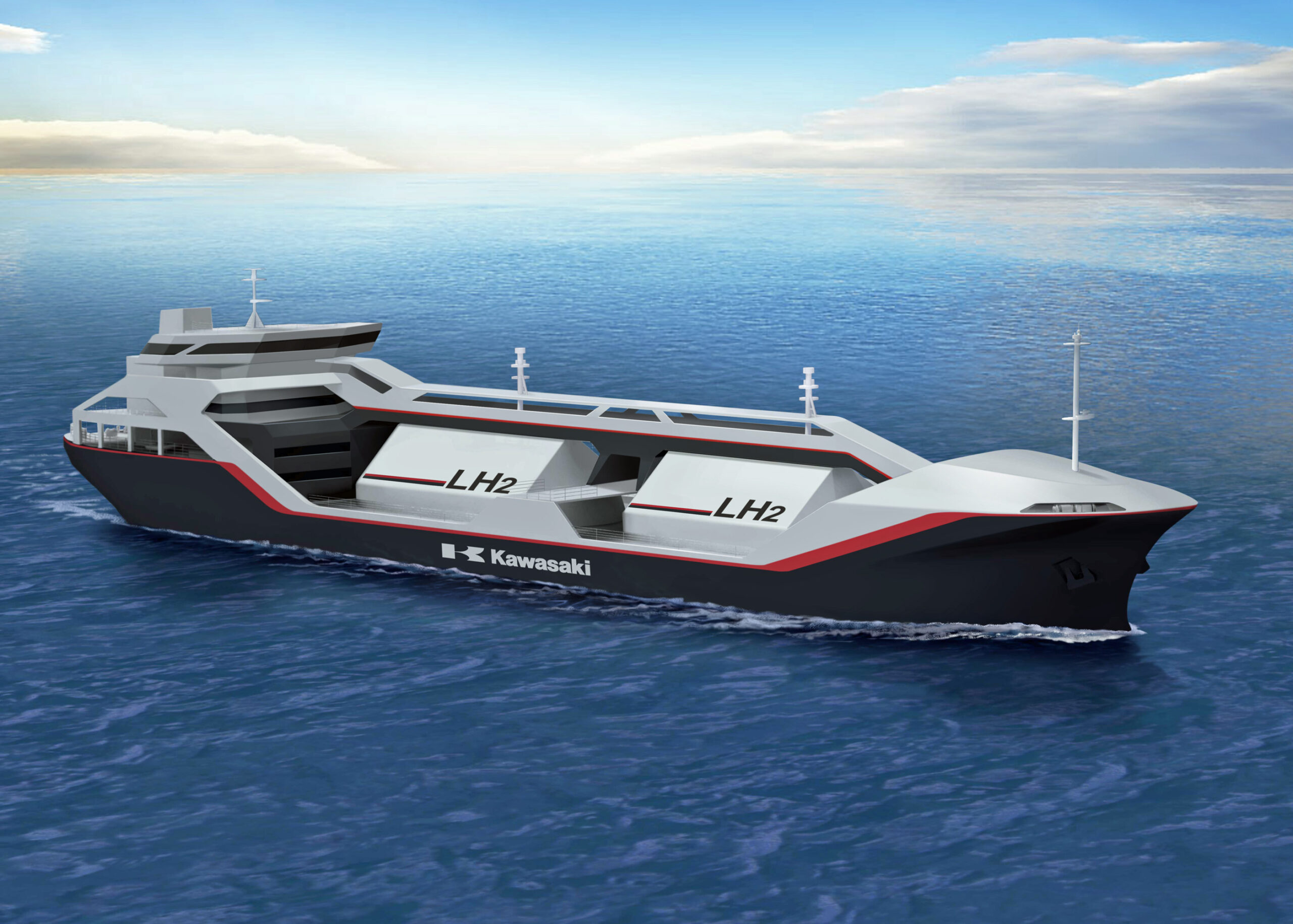Kawasaki Heavy Industry's 86,700 m3, LPG and "liquefied ammonia gas" (LAG) carrier has been ordered for the fifth time in 2021. K Line, Eneos (two vessels) and now NYK (also two vessels) will take delivery of the VLGCs from KHI's Sakaide shipyards in 2023 (K Line and Eneos), and 2024 (NYK). The flexibility of the dual-purpose LPG/ammonia carrier is key to its newfound popularity.
Content Related to Kawasaki Heavy Industries
Article
Japan's NYK and partners to develop ammonia fueled and fueling vessels
Trevor Brown September 17, 2020
In recent weeks, the Japanese shipping company NYK Line has announced a series of high-profile research and development collaborations that aim to establish ammonia fueled vessels and fuel supply. Its partners in these projects include classification society Class NK, engine manufacturer IHI Power Systems, and shipbuilder Japan Marine United Corporation. Three vessel types have been announced, so far, including an ammonia-fueled ammonia gas carrier, an ammonia barge for offshore bunkering, and an ammonia-fueled tugboat (for navigating the barge). Pushing beyond the initial research phase, these collaborations aim for commercialization and to put these vessels “into practical use.”
Article
Stanford Convenes Hydrogen Focus Group
Stephen H. Crolius March 29, 2019
ANNOUNCEMENT: California's Stanford University held a two-day workshop this week to launch a new effort aimed at advancing hydrogen “for stable, long-term, low-carbon energy storage.” The Stanford Hydrogen Focus Group intends to support research, serve as a technical resource, and disseminate information via workshops and symposia.
Article
On the Ground in Japan: 5th Basic Energy Plan, LH2 Investment
Stephen H. Crolius July 12, 2018
Japan, widely recognized as a global leader in the development and implementation of ammonia energy, is a fascinating case study for advocates seeking a template for progress. But, as Ammonia Energy has documented in numerous posts over the last two years, even in Japan the path is neither linear, smooth, nor preordained. Two recent developments, one in the public sector and one in the private, illustrate anew the complexity of the evolutionary track the country is negotiating as it strives to create a sustainable energy economy.
Article
Kawasaki Moving Ahead with LH2 Tanker Project
Stephen H. Crolius September 14, 2017
Kawasaki Heavy Industries (KWI) is moving ahead with plans for a “liquefied hydrogen carrier ship,” as reported by at least two Japanese news outlets since July. This means that the groups backing each of the energy carriers included within Japan’s Cross-Ministerial Strategic Innovation Promotion Program (SIP) have all made significant moves ahead of the program’s termination at the end of 2018. On July 25, 2017 the Japan Science and Technology Agency (JST) announced that a collection of companies and research institutions had come together to form the Green Ammonia Consortium. On July 27, 2017, Chiyoda Corporation announced that work was starting on a demonstration project that will transport hydrogen from Brunei to Japan using liquid organic hydride carrier technology.
